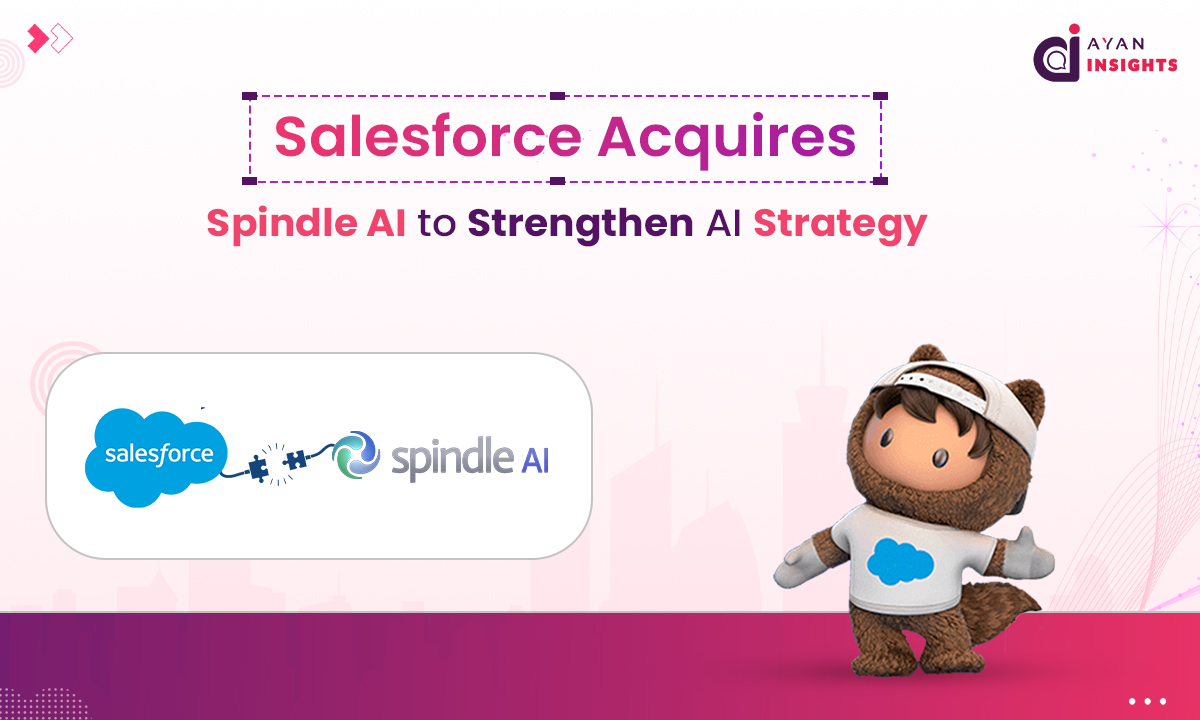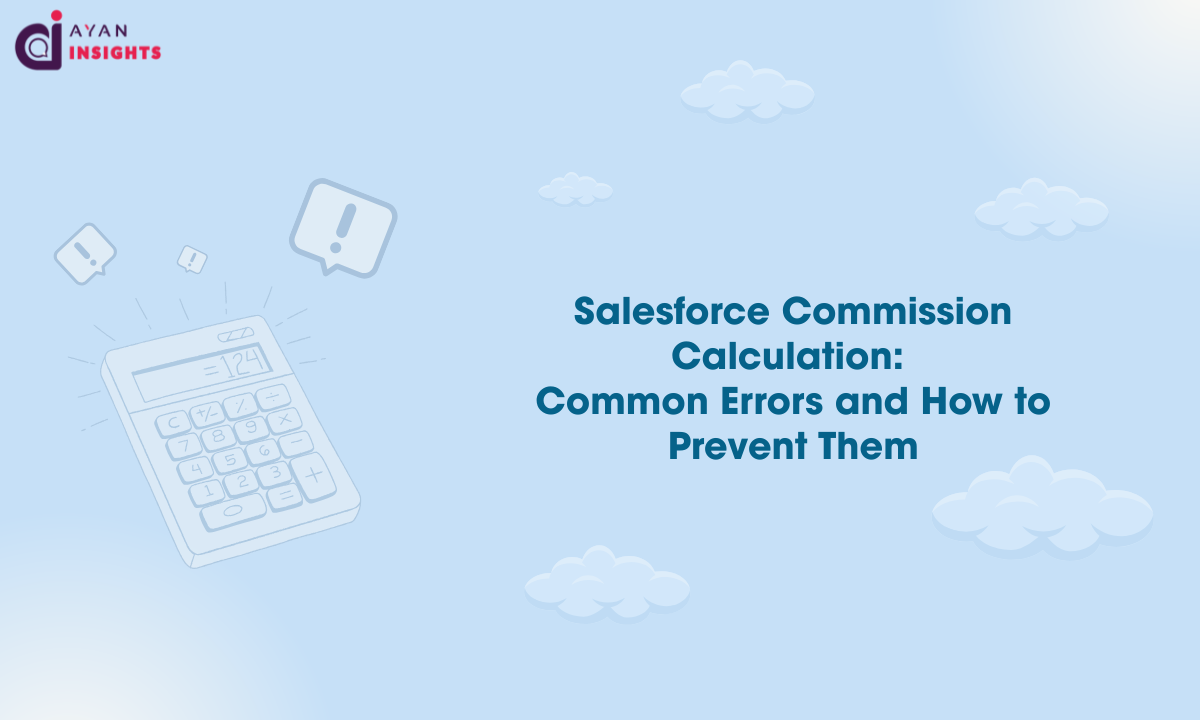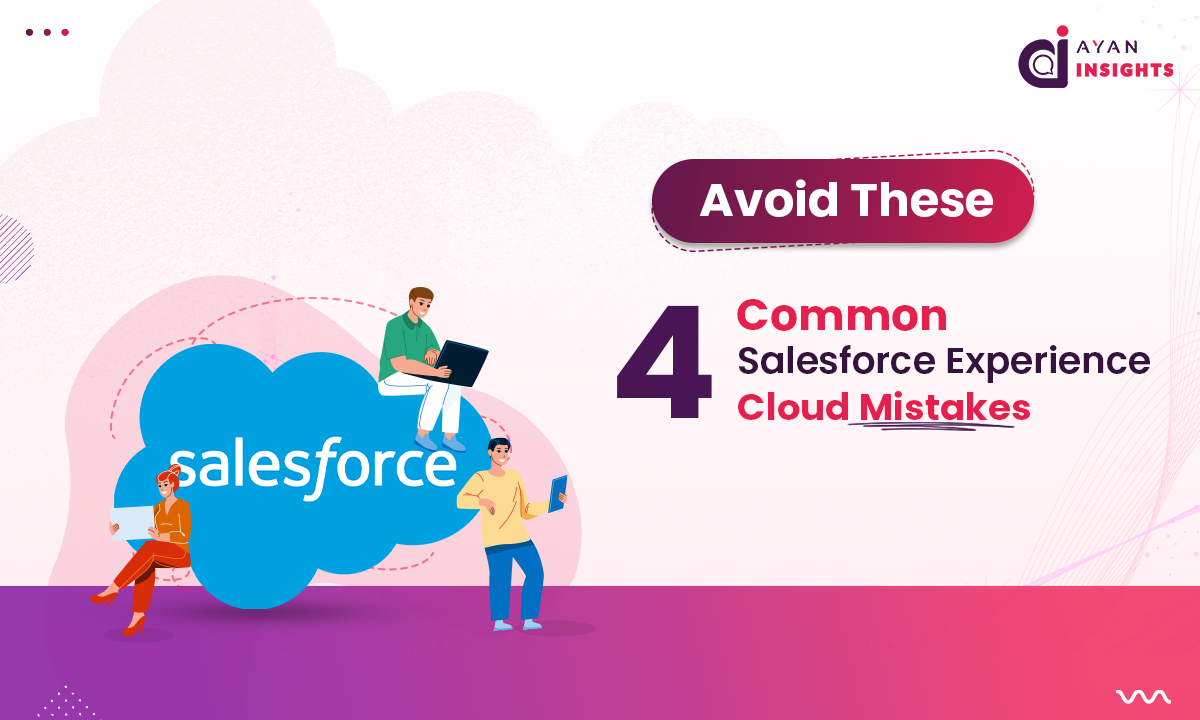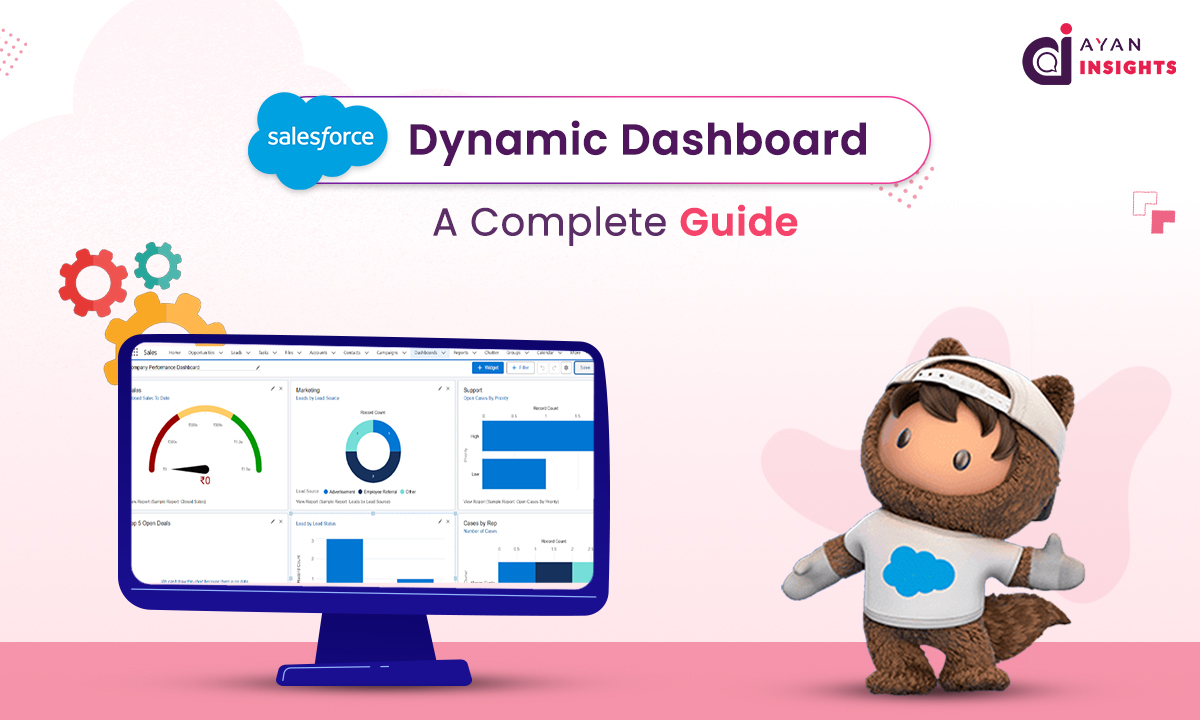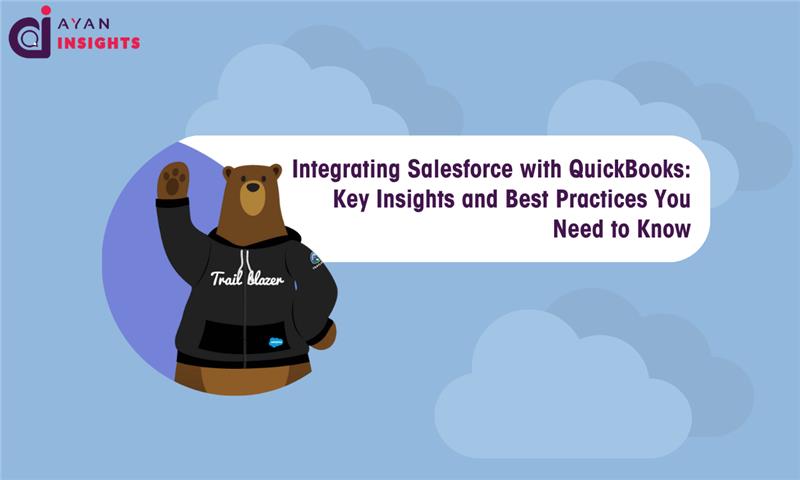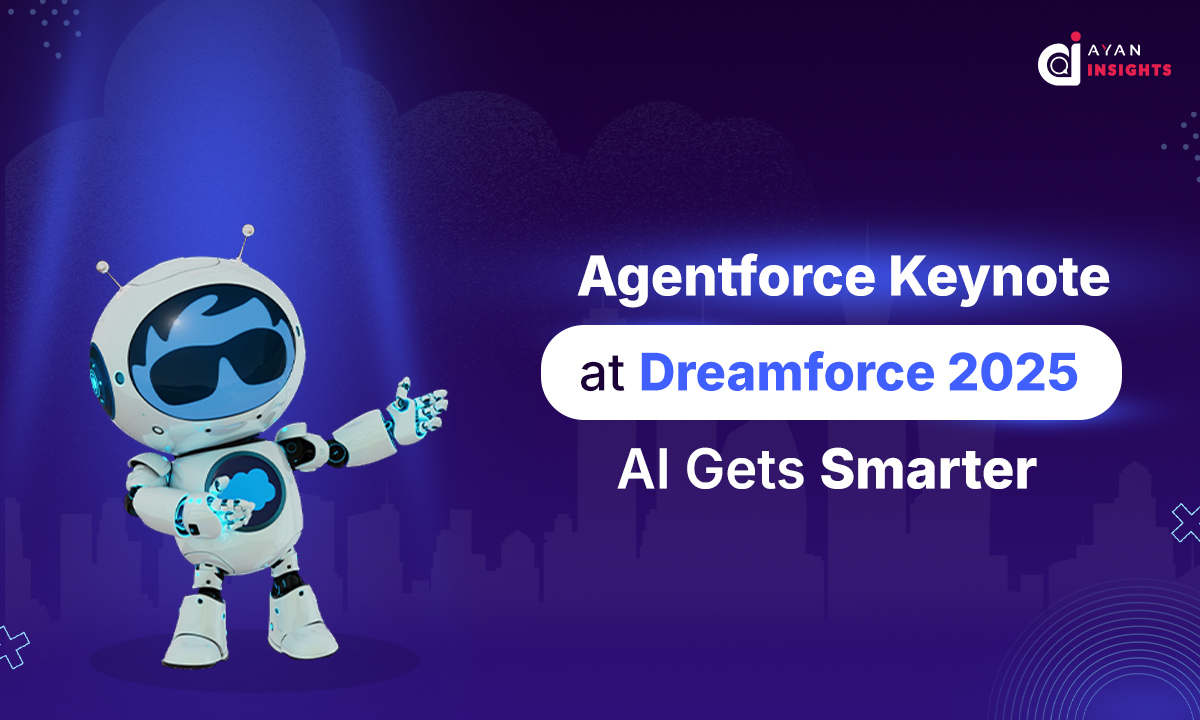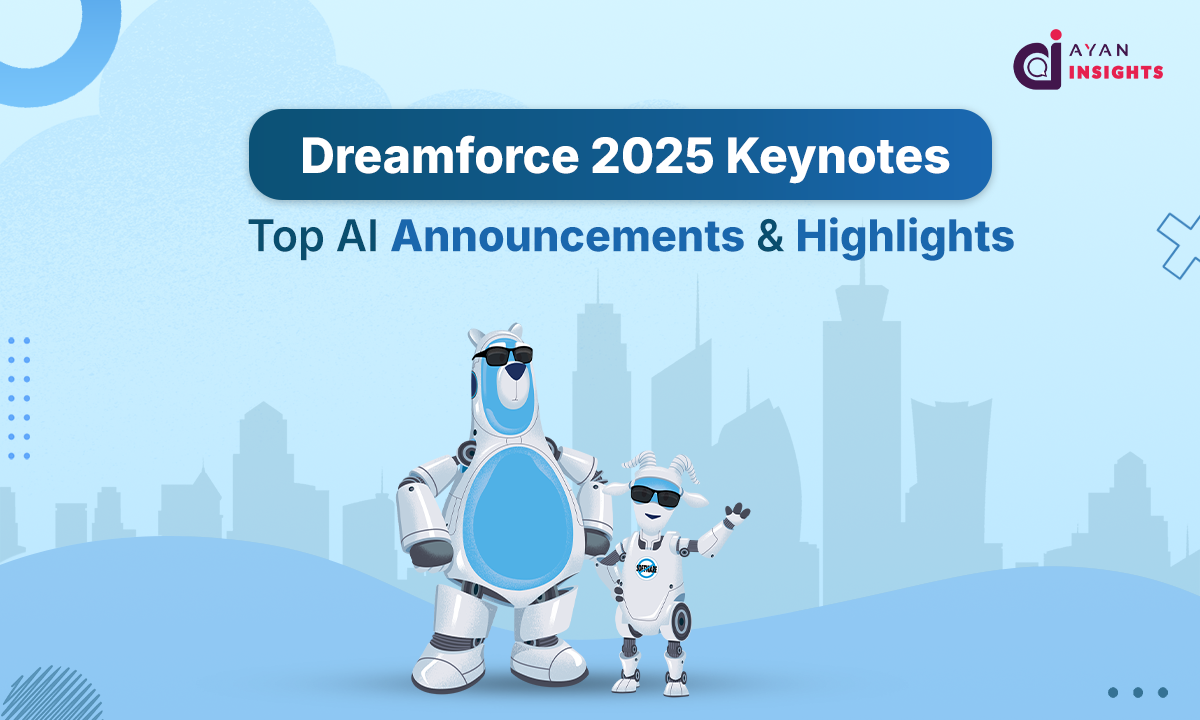Why Salesforce is Acquiring Spindle AI?
Salesforce’s motivation is clear. it wants to make Agentforce the most advanced agentic AI system in the enterprise world. Spindle’s technology fits perfectly into that vision by adding predictive intelligence and automated scenario modeling capabilities.
Jayesh Govindarajan, EVP of Salesforce AI, expressed his excitement, noting that Ryan, Carson, and the Spindle AI team have proven expertise in AI observability and multi-agent analytics, critical for forecasting and measuring AI-driven value. He stated that Salesforce is thrilled to have them join Agentforce to accelerate its roadmap and build the future of agentic systems.
Alongside the platform, Salesforce also gains the world-class expertise of Spindle’s leadership team. Co-founder Ryan Atallah previously founded ClearGraph, which was acquired by Tableau (a Salesforce company), giving him deep familiarity with Salesforce’s ecosystem.
Strengthening the Agentforce Ecosystem
The Spindle AI acquisition comes after several others AI-oriented acquisitions by Salesforce, such as Convergence.ai, Regrello, Apromore, and Informatica, each address a different layer in the Agentforce 360 framework.
Together these acquisitions create a strong synergy,
- Informatica: for clean, connected data.
- Apromore & Regrello: for process understanding and workflow automation.
- Spindle AI: for predictive logic, simulation, and self-improving decision agents.
This multi-layered approach demonstrates Salesforce’s dedication to creating an agentic enterprise, in which independent AI agents can think, learn, and take the initiative, and aren’t limited to simply executing user commands.
Benefits of Spindle AI Integration for Salesforce Users
For current Salesforce users, the integration of Spindle AI could significantly reduce the complexity of working with siloed or unstructured data. Its automated predictions and “what-if” analysis capabilities allow business teams to make faster, smarter and more confident decisions without being overdependent on data scientists.
In practical terms, this means,
- Faster insights from large datasets.
- More accurate predictions across sales, finance, and operations.
- Continuous learning agents that evolve with your business.
- Reduced manual effort in data modeling and analysis.

